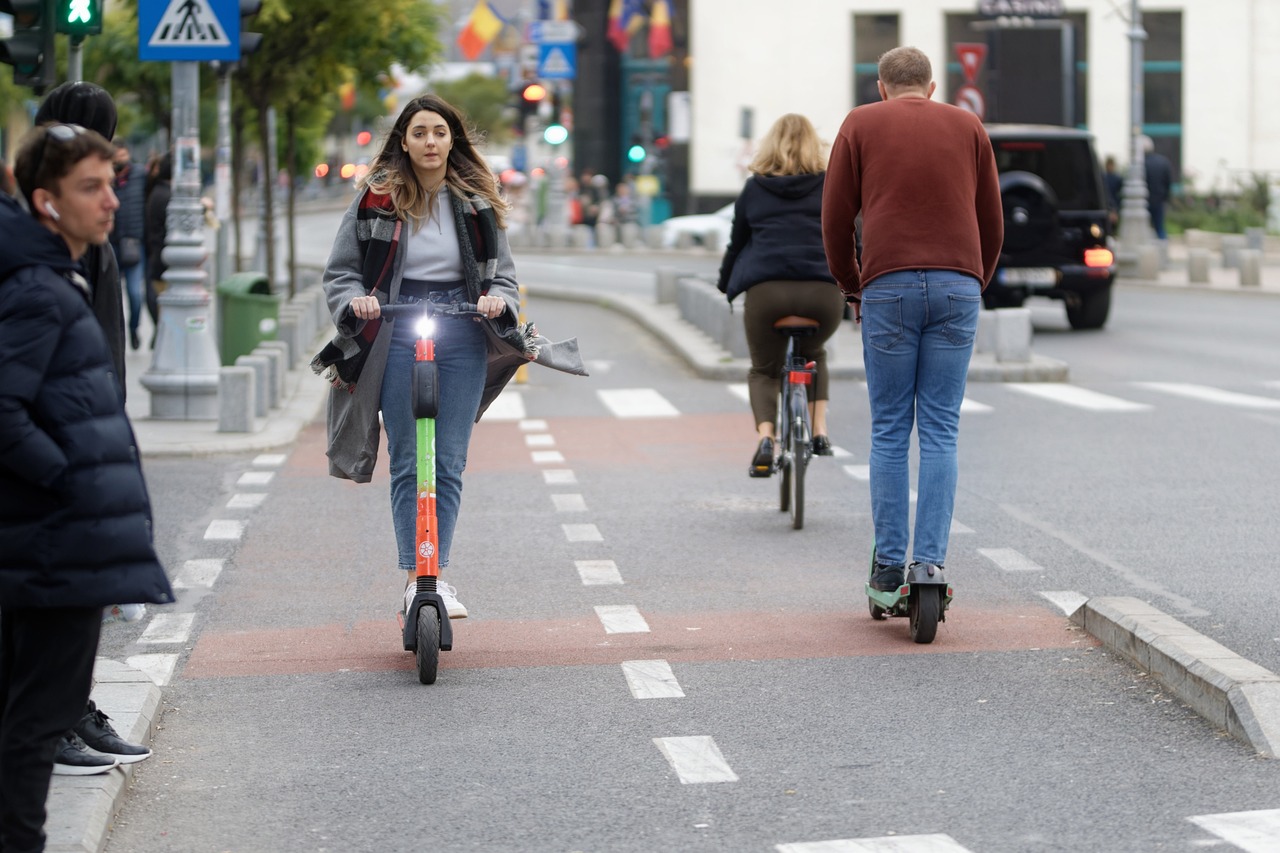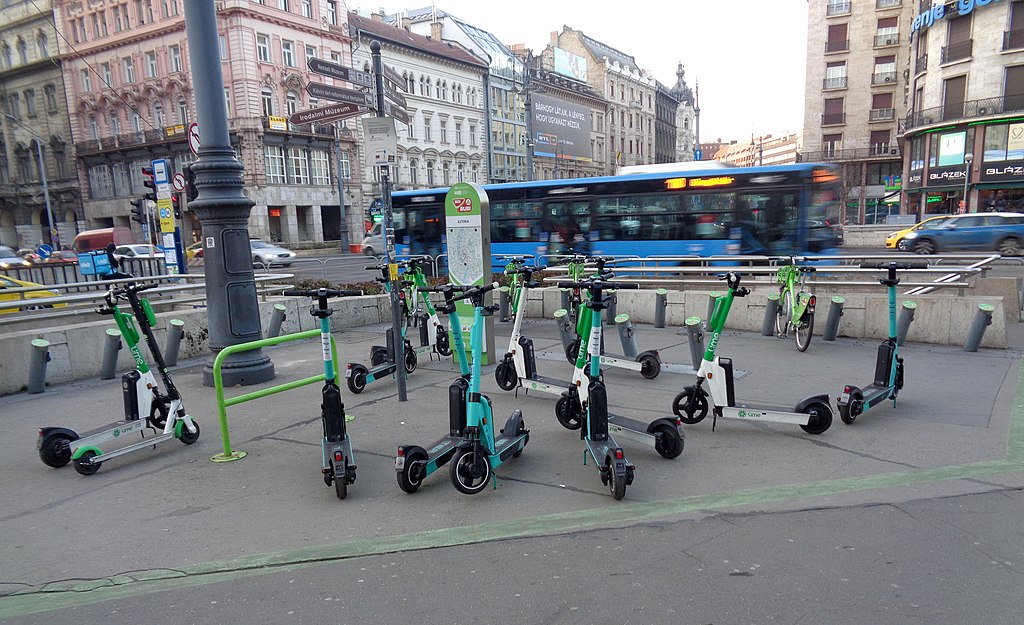Change language:
ETSC proposes significant restrictions on the use of e-scooters in EU countries, including Hungary

Need for e-scooter regulations
As Infostart writes, the European Transport Safety Council (ETSC) has highlighted the urgent need for comprehensive regulation of e-scooters in a recent study on micromobility. The report underscores the rapid proliferation of electric scooters across Europe and calls for unified rules covering technical standards and user guidelines. The ETSC recommends that the European Union and its Member States collaborate to establish a single regulatory framework to address the safety and operational requirements of these devices, ensuring consistent standards across the region.

The proposed rules
The European Transport Safety Council (ETSC) has proposed stringent safety regulations for e-scooters to enhance their safe use across Europe. Key recommendations include limiting e-scooter speeds to 20 km/h, ensuring maximum acceleration does not exceed 2 m/s², and setting a minimum deceleration capability of 3.5 m/s². Devices should feature a dual braking system combining mechanical and electrical brakes, compulsory front and rear lights, larger wheels than current standards, and direction indicators. Additionally, manufacturers must incorporate audible warning devices and anti-tampering mechanisms to prevent illegal modifications.
Safer transport
The European Transport Safety Council (ETSC) highlights that while e-scooters have rapidly become a staple of urban transport since their European debut in 2018-2019, their widespread use brings safety risks that demand stronger regulation. In Hungary, regulations already prohibit riding an electric scooter under the influence of alcohol or drugs and carrying passengers, with violations often resulting in misdemeanour or criminal consequences. The ETSC underscores the need for a comprehensive approach combining safer urban infrastructure, improved electric scooter design, and responsible rider behaviour to mitigate risks and protect electric scooter users, cyclists, and pedestrians alike.
Read also:
- New Hungarian traffic rules for bicycles and e-scooters on the horizon
- Important: e-scooters now require compulsory insurance in Hungary
Featured image: depositphotos.com









E-scooters are an absolute menace in terms of visual blight, maneuverability for pedestrians (especially the disabled), environmental damage (q.v. their batteries and how they’re manufactured), and public health (do we need LESS walking!?). They should be banned altogether.
On another, no less critical, note, why is a “European Transport Safety Council” a thing? Is there anything EUrotrash doesn’t meddle in? Who is financing this thing? Most importantly, who is it accountable to? (All rhetorical questions, really.)